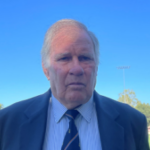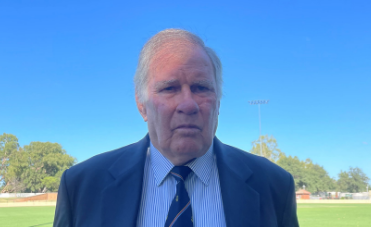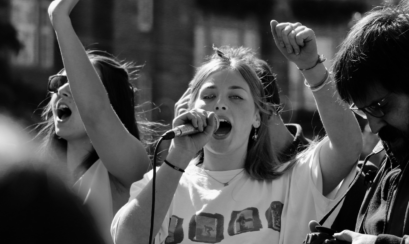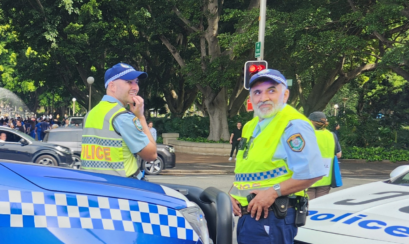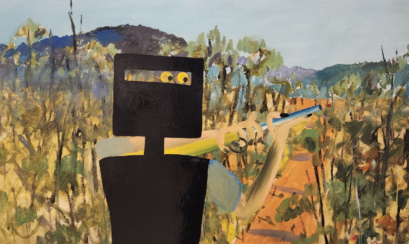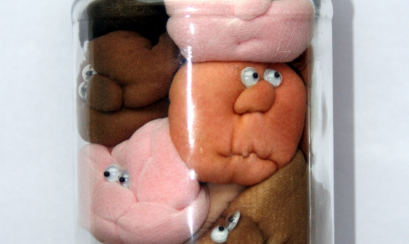A man is shot and lies dying on the floor in a pool of blood. He’s discovered by another person not involved in the shooting, who realises he’s still alive. The dying man mutters something. The person leans in closer, and with his final breath the man makes a dying declaration, whispering the name of the killer.
Police arrest the man the victim had named as his killer. The person who found the victim tells the court that the victim told him whodunnit with his dying breath.
But would this be acceptable in a real court? There is no evidence that the dying man named the right person, or even that he actually said that particular name.
Hearsay evidence normally not admissible in court
A dying declaration is “hearsay evidence”. Under section 59 of the Evidence Act 1995, hearsay is deemed as a witness saying somebody told them something that is relevant to a crime, but they have no direct knowledge.
It is hearsay when a witness did not see the crime themselves, but heard what happened from somebody who was there.
Police may not be able to produce the prime eyewitness. They might have disappeared or be dead. Hearsay evidence may be the best the police have got, but for the most part, hearsay evidence is not admissible in court.
Why a dying declaration may be accepted as evidence
For centuries, courts have admitted a dying declaration as evidence because it was assumed that someone who was about to die would tell the truth, thinking it would help them pass into heaven.
It stems from a decision in the UK courts in 1881 by Justice Lush, who said: “A dying declaration is admitted in evidence because it is presumed that no person, who is inevitably going into the presence of his Maker, will do so with a lie on his lips.”
In 1909 Chief Justice Madden in the Victorian Supreme Court said a dying declaration should be treated as if it was said in the witness box, as “such a person has no motive to tell a lie”.
What if a dying declaration is uttered by an atheist?
But what if the dying person did not believe in a final judgement or an afterlife?
The Australian Law Reform Commission (ALRC) found some Australian judges had ruled a dying declaration could not be accepted if the person does not believe in God. (See Aboriginal Dying Declarations, Australian Law Reform Commission, August 2010.)
In 1997, a Western Australian landmark case, R v Golightly, determined that dying declarations are acceptable as evidence, as “in the face of death there is a motive to die with truth, not with untruth”.
The ALRC said a dying declaration is an anomalous exception to the hearsay rule, as it has a theological justification. However, it may disappear with future reform of the law of evidence.
